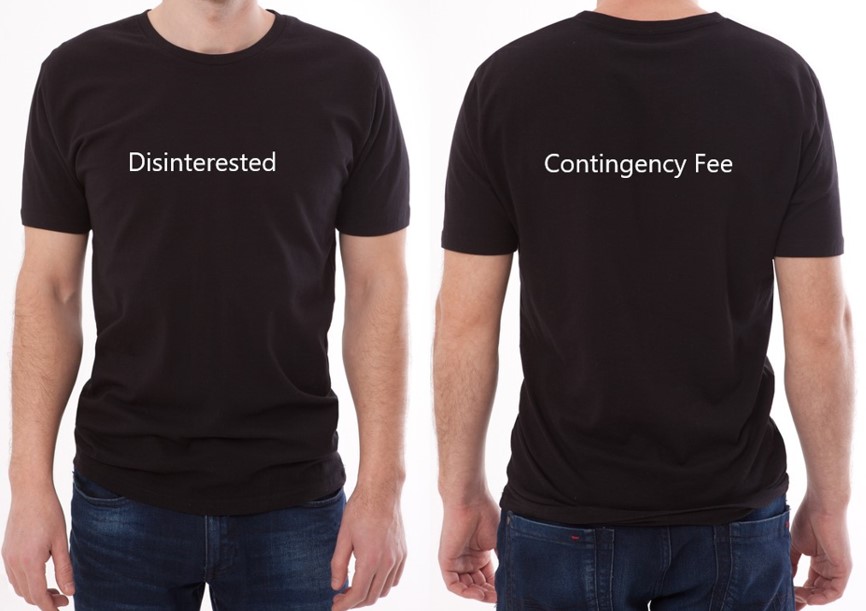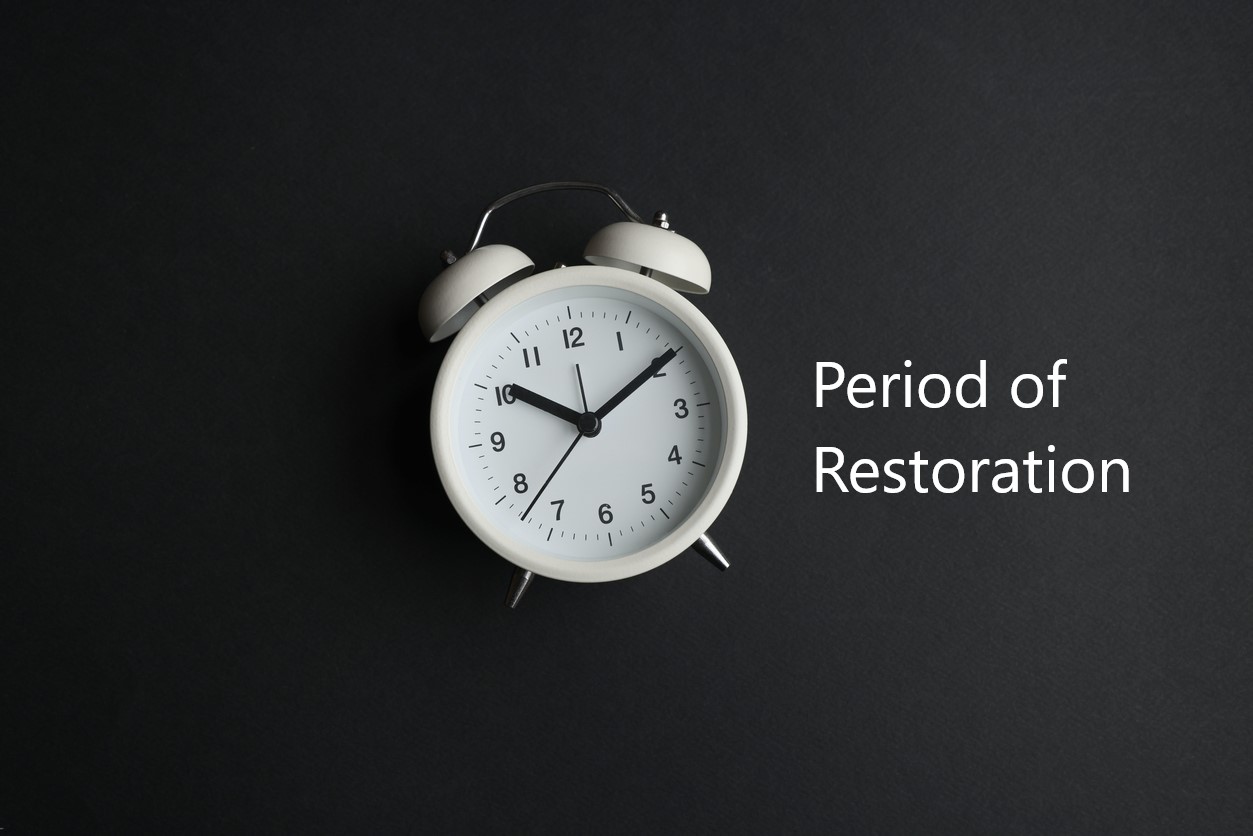My post, Appraiser Disinterest and Impartiality California Style, lead to a number of comments and opinions about the topic. Yesterday morning Terry Butler, Senior Legal Counsel to the Florida Insurance Consumer Advocate, reported on the various views concerning appraisal at the final session of the Windstorm Conference. Butler sat next to me at the January 6 Alternative Dispute Resolution Roundtable. I previously posted on that meeting in Impressions Following the Alternative Dispute Resolution Roundtable.
Barry Zalma wrote a comment worth sharing and pointing out my incorrect explanation of his law practice:
Thanks for the reference.
For your information, most of my work does not involve insurance fraud, it involves insurance coverage. I do write a twice monthly newsletter called "Zalma’s Insurance Fraud Letter" because I saw a need. I am an insurance coverage lawyer and an insurance claims and coverage consultant and expert witness who testifies for any party who has a case against a party with whom I have no conflict. I also have written books that are available from my site or from the publishers that are useful to anyone interested in insurance.
In California "appraisal" is an arbitration whose result can be made into a judgment so impartiality — or, at least, a lack of serious conflict must be shown.
Appraisal, in my opinion, should be used as a last resort. It is often less efficient than trial especially when the appraisers have little or no experience in valuing property or legal procedures.
Regards,
Barry Zalma
Harvey Goodman, a public adjuster from Goodman-Gable-Gould/Adjusters International, once told me that his firm rarely went to appraisal. He felt that they understood their client’s loss better than anybody else and should be able to explain and adjust it to resolution without having to risk third parties coming to a wrong conclusion. He wanted to keep control of the claim and suggested that many bitter disagreements regarding the value of a loss could be resolved through intensive good faith dialogue and negotiation with insurance company representatives. I know a number of prominent public adjusters who share that same philosophy, although most concede that appraisal is invoked much more often today than two decades ago–for a number of reasons.
Zalma’s opinion is not that different than Harvey Goodman’s. I agree that there are a number of case examples where appraisals take longer than litigation or can come out much worse for policyholders. On the whole though, I believe appraisals in most states usually reach resolution faster than litigation and at less cost.
One thing that is missing from the discussion is that the client policyholder should have a say and some legal advice whether the resolution should be through appraisal or litigation. A public adjuster should not unilaterally demand appraisal. The demand for appraisal and a suggestion that appraisal, rather than legal remedy, should be done is a legal decision with considerations of laws to the facts of a case. Adjusters who give advice as to one over the other in a given situation are giving advice that is commonly referred to as practicing law without a license. I am certain there will be a lot of public adjusters who claim that I am pointing this out because it is in my and other attorneys’ economic benefit to do so. On the other hand, it is illegal and a crime for public adjusters to practice law. Every public adjuster agrees to that, but I would suggest that a few do not want to adhere to that rule if it is not in their economic interest.
Indeed, I have met a few public adjusters in Texas who prepare their policyholder clients’ cases for settlements or litigation. They take the view that the Texas consumer protection statutes generally provide significant interest and other remedies that make most cases where an insurer offers an unfair settlement better resolved with attorney involvement. They always seek legal counsel for the client to help make the decision regarding appraisal or litigation.
The National Association of Public Insurance Adjusters, its general counsel, and officers have maintained my view and have warned against the unintentional practice of law by public adjusters for decades. There should be no question that only licensed lawyers should explain legal rights and actions to a client.. Many dedicated public adjusters are concerned that the legal bars of various states will question the licensing of public adjusting if public adjusters continually overstep their authority and provide legal, rather than adjustment, advice.




